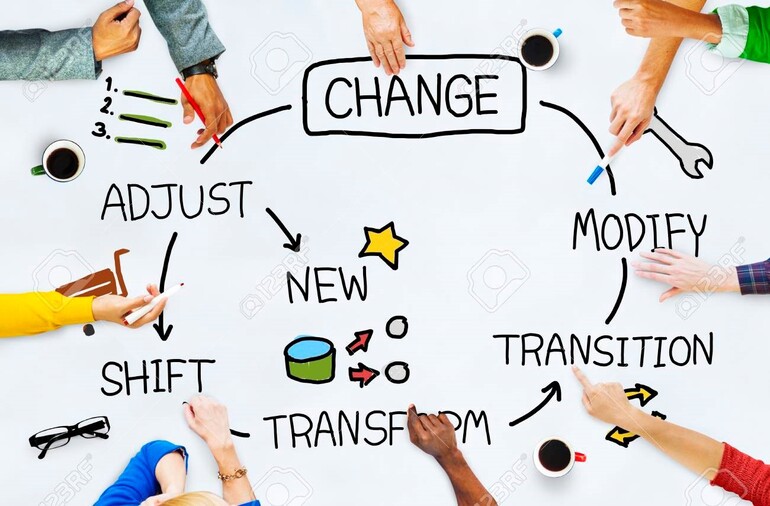While vaccinated citizens, open restaurants and gyms are on the rise, many pastors are wondering what it will take to do church in a postpandemic, socially turmoiled culture.
Indeed, we will have to desert our islands of denial and, by faith, swim into an ocean of many unknowns as we transition into a new epoch — one of many more on the horizon.
Most experts are predicting nothing will remain the same and rejecting this reality can result in deep disappointment and in personal irrelevancy.
In his article “Why the Current Crisis You’re Leading Through Isn’t a Marathon. It’s the Future,” pastor and author Carey Nieuwhof suggests continuing to tell ourselves the end is near and everything is going to eventually go back to “normal” creates false hope, which is in and of itself emotionally exhausting because life and ministry will very likely never return to the way it was. Nieuwhof posits that leaders who are open to change end up doing much better than leaders who are closed to it.
Most of us have changed, whether we realize it or not.
We discovered things about ourselves we did not know. As many of the long-standing social inequities have been unveiled, our own hearts have been exposed. We have taken sides, for better or for worse.
Just last week, I heard that a church member was so deeply emotionally triggered, so upset by something his pastor said in a sermon regarding the polarized political climate, his emotions betrayed his “Christian ethics” when he attempted to physically assault the pastor out in the parking lot after church.
Yes, we have all changed. But the more urgent question is are we willing to allow God to continue changing us?
“Many Christians manage to keep life moving along rather smoothly without ever looking deeply at the pain in their souls. And the ones who do take a look sometimes crumble under the weight of what they discover. Why, then, take an inside look? If all it achieves is a greater awareness of unbelievable sorrow, why bother? Isn’t it cruel to remind a desert traveler how parched his throat feels? … If the only effect of becoming aware of our thirst is to heighten our misery, then it’s stupid and wrong to look inside. On the other hand, if an awareness of our thirst is the beginning of closer fellowship with God (at whose right hand are abundant pleasures), then it makes sense … The choice before us is rather stark: either live to be comfortable … or live to know God. We can’t have it both ways. One choice excludes the other.” (Larry Crabb, Inside Out, p. 99).
I also resonate with Peter Scazzero's statement: “I believe wholeheartedly that the Lord Jesus and His church are the HOPE of the world. My commitment is to Scripture as the Word of God, the authority under which we as God’s church are to live … I remain committed to the indispensability of Scripture, prayer, fellowship, worship, faithfulness in using our spiritual gifts, small groups and community life, stewardship of our resources, and the centrality of the gospel to ALL OF LIFE. But unless we integrate emotional maturity as a focus in our discipleship, we are in danger of missing God’s point completely — LOVE” (The Emotionally Healthy Church, p.19, bold applied).
While we cannot strip off the ideas, emotions and frustrations fomented by the pandemic fallout (including our social ideologies) when we return to in-person church again, we can make intentional choices to hold up all of our treasured ideology against the ethics Jesus lived and taught. After all my ideology will not be on the final test. On judgment day, the litmus test is how we interacted with the “least of these.”
Our children, grandchildren, co-workers, friends and neighbors are watching to see how professed disciples of Jesus Christ love their neighbors as themselves.
Paul further summarized Jesus’ words: “For the entire law is fulfilled in keeping this one command: 'Love your neighbor as yourself'" (Gal. 5:14).
Let’s go live out Christ’s good news.










